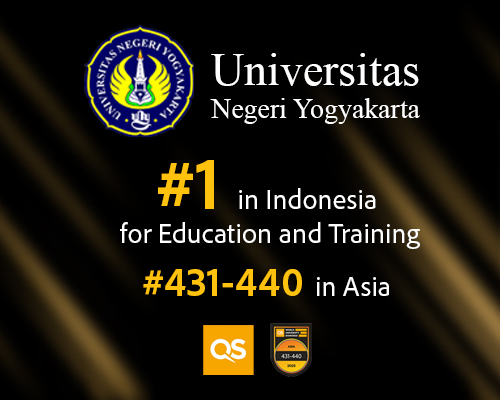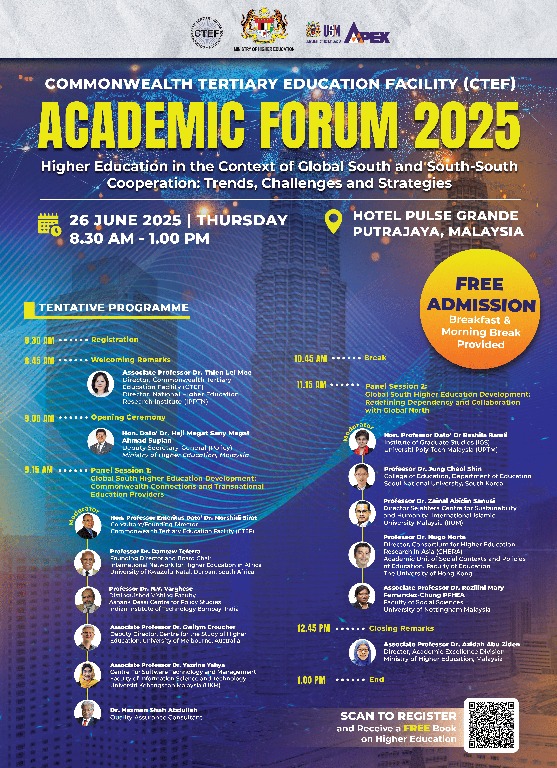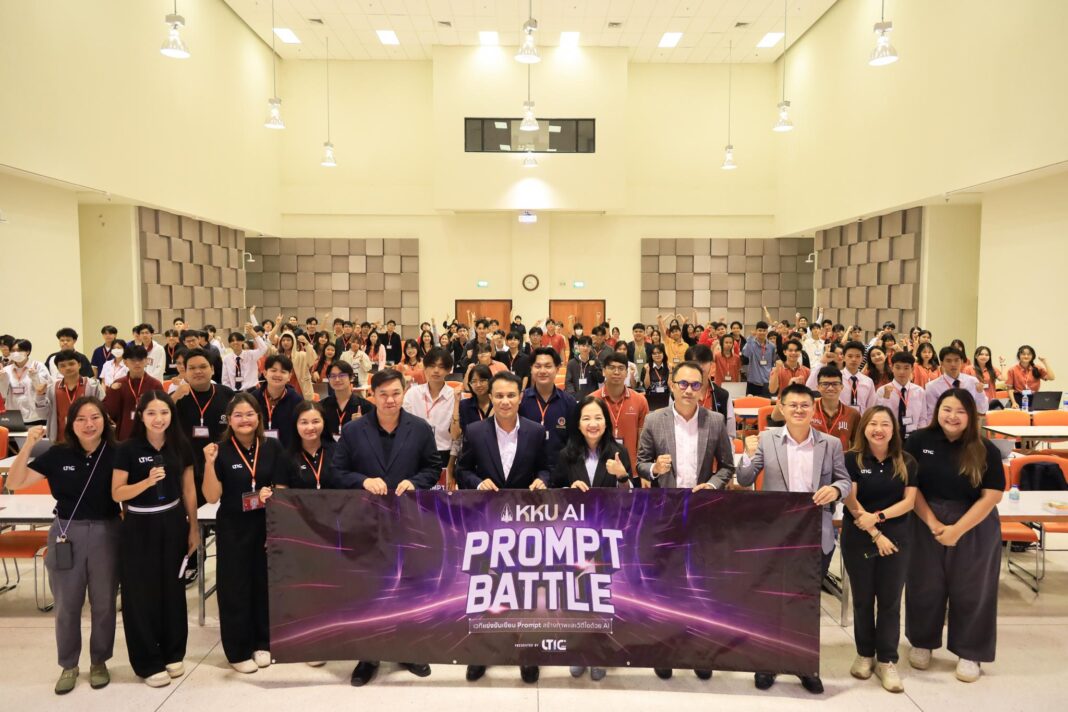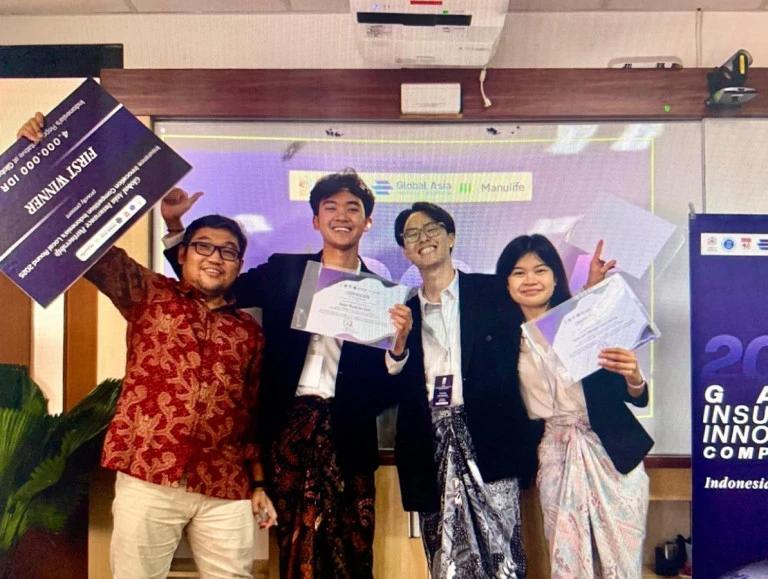Global South higher education institutions face mounting pressures from resource constraints, technological disruption, and unequal access to quality education. A high-level forum in Malaysia recently brought together nearly 200 education leaders to chart new pathways for South-South cooperation and sustainable development.
**Key Points**
– CTEF Academic Forum 2025 attracted 200 academics, policymakers, and education leaders to address Global South higher education challenges
– Discussions centered on two critical themes: Commonwealth connections with transnational providers and redefining dependency relationships with the Global North
– Officials emphasized aligning educational partnerships with UN Sustainable Development Goals, particularly Quality Education (SDG 4) and collaborative partnerships (SDG 17)
– Forum participants committed to concrete steps for fostering equitable, sustainable educational outcomes despite resource limitations
How is South-South Cooperation Transforming Higher Education in the Global South?
The Commonwealth Tertiary Education Facility (CTEF), in partnership with Malaysia’s Ministry of Higher Education (MoHE) and the National Higher Education Research Institute (IPPTN) at Universiti Sains Malaysia, successfully organized the CTEF Academic Forum 2025 at Putrajaya’s Pulse Grande Hotel on June 26.
What Were the Forum’s Primary Objectives?
The forum concentrated on addressing current trends, identifying key challenges, and discussing strategies for fostering effective and equitable partnerships in enhancing higher education within the Global South. Consequently, the event drew academics, policymakers, higher education institutional leaders, and practitioners engaged in educational planning and development.
Opening Remarks Set the Stage
Associate Professor Dr. Thien Lei Mee, CTEF Director and head of IPPTN, opened the proceedings by expressing gratitude to attendees and highlighting the event’s significance in facilitating knowledge exchange. She emphasized education’s pivotal role in fostering global partnerships and tackling challenges faced by Global South institutions, including resource limitations, technological change, educational access disparities, and funding constraints.
High-Level Official Support
MoHE Deputy Secretary-General (Policy) Dato’ Dr. Haji Megat Sany Megat Ahmad Supian officiated the event, while Associate Professor Dr. Azidah Abu Ziden, Director of the Academic Excellence Division at MoHE’s Department of Higher Education, delivered closing remarks. Additionally, Undersecretary Datin Noorazah Omar from MoHE’s International Relations Division attended the opening ceremony.
Why Does South-South Cooperation Matter for Educational Development?
During his opening address, Megat Sany underscored the importance of strengthening South-South cooperation and regional collaborations to empower higher education institutions across the Global South. Moreover, he emphasized the need for inclusive, innovative, and sustainable educational practices that align with the UN Sustainable Development Goals, particularly SDG 4 on Quality Education and SDG 17 on Partnerships for the Goals.
Dynamic Session Themes
The forum featured two comprehensive sessions with specific focus areas:
- Global South Higher Education Development: Commonwealth Connections and Transnational Education Providers
- Global South Higher Education Development: Redefining Dependency and Collaboration with the Global North
Panel discussions represented a key highlight, addressing barriers and solutions to achieving sustainable educational outcomes, particularly in contexts of limited resources and increasing higher education demand.
The stakes for educational equity in the Global South couldn’t be higher.
What Solutions Emerged from the Discussions?
Topics explored encompassed financial models, institutional development, regional cooperation, and strategies for enhancing access to quality education in underserved areas. Notably, participants expressed their commitment to fostering greater collaboration and taking concrete steps to address challenges faced by higher education institutions in the Global South.
Partnership Framework for Success
In her closing remarks, Azidah called for continued efforts to build effective partnerships supporting Global South higher education development. She emphasized that these partnerships must be grounded in shared values of equity, sustainability, and mutual benefit to ensure long-term success.
What is CTEF’s Role in Commonwealth Education?
The Commonwealth Tertiary Education Facility represents a collaborative organization between Malaysia’s Ministry of Higher Education and the Commonwealth Secretariat in London to strengthen links among Commonwealth countries in tertiary education development. Furthermore, it comprises a network of partners generating knowledge and sharing good practices concerning tertiary education matters among Commonwealth nations.
| CTEF Function | Description |
|---|---|
| Policy Guidance | Provides advice to Commonwealth education ministers |
| Knowledge Sharing | Generates and disseminates best practices |
| Network Building | Connects tertiary education stakeholders |
Bottom Line
The CTEF Academic Forum 2025 left a strong impression on participants, who were inspired to engage in continued cooperation and innovative strategies to enhance higher education accessibility, equity, and responsiveness to evolving societal needs across the Global South. The gathering demonstrated that meaningful progress in addressing educational challenges requires sustained collaboration, strategic partnerships, and alignment with global development frameworks.
With representation from Professor Emeritus Dato’ Dr. Morshidi Sirat as Consultant/Founding Director, Project Director Sri Jeyanthirar Subramaniam, and Project Officer Dr. Nur Rafidah Asyikin Idris, alongside secretariats from MoHE’s International Relations Division and IPPTN, the forum established a foundation for transformative educational partnerships that prioritize equity and sustainability in higher education development.





